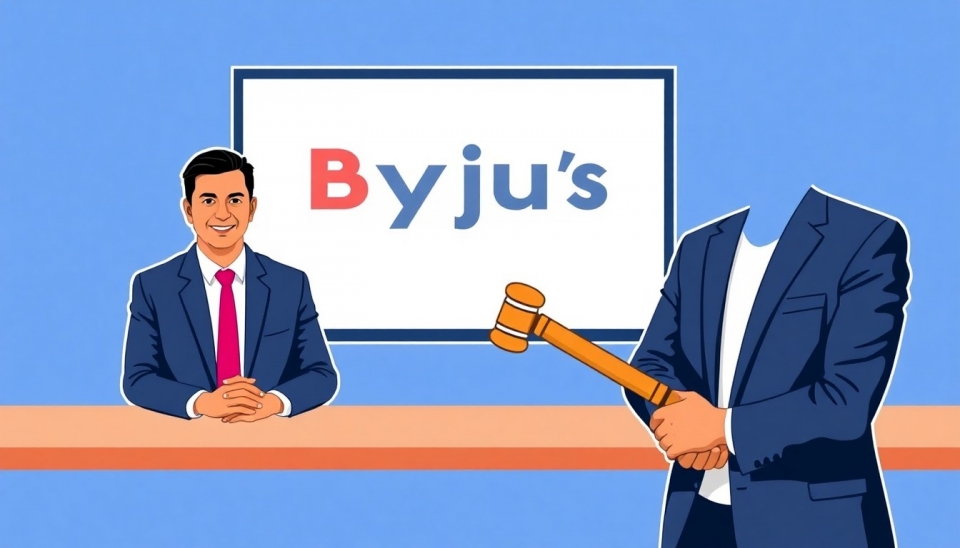
In a significant turn of events, the Indian Supreme Court has rejected a proposed settlement plan put forth by Byju's, one of the nation's largest edtech companies. This ruling is poised to catalyze a strategic shift in the company's ongoing financial troubles, potentially leading to insolvency proceedings that could reshape its business landscape.
The decision comes amid increasing scrutiny and pressure on Byju's, which has faced mounting criticism concerning its dealings with creditors and its transparency in financial operations. The court's move has effectively halted Byju's efforts to negotiate a resolution that would have spared the company from an insolvency process, which would pose further challenges for its operational future and the countless students relying on its educational resources.
Byju's was aiming to finalize the settlement to address claims made by various stakeholders, including defaulted loans and other financial obligations that have surged during the company’s aggressive scaling over recent years. However, the rejection indicates a lack of confidence from the court in the effectiveness or legality of Byju's proposed solutions, leaving the company vulnerable to ramifications from creditors eager to reclaim their investments.
The ruling not only brings the possibility of insolvency closer to reality but also raises questions about the broader health of the Indian edtech sector, which has seen explosive growth recently but is now grappling with significant challenges, including cash flow issues, diminishing investor confidence, and heightened competition.
As the implications of the court’s ruling unfold, industry experts will be closely monitoring how Byju's navigates this precarious situation. Should insolvency proceedings begin, it could lead to a restructuring of Byju’s operations or even a sale of assets, significantly altering its current business model.
Furthermore, the decision highlights an urgent need for regulatory clarity and better corporate governance within the rapidly evolving tech landscape in India. The outcome of Byju's turmoil could set critical precedents for other startups in the sector, influencing how they manage their financial strategies going forward.
As stakeholders await further developments, the industry is left in suspense over the potential ramifications of this landmark ruling. Byju's has yet to publicly respond to the Supreme Court's decision, and its next steps will be crucial in determining its future stability and role in the educational sector.
In summary, the Supreme Court's rejection of Byju's settlement represents a pivotal moment that may lead to insolvency proceedings, stirring wider implications for the edtech industry and highlighting systemic issues requiring urgent attention.
#Byjus #SupremeCourt #Insolvency #Edtech #India #CourtRuling #Finance #BusinessNews #Startups #CorporateGovernance
Author: Liam Carter




